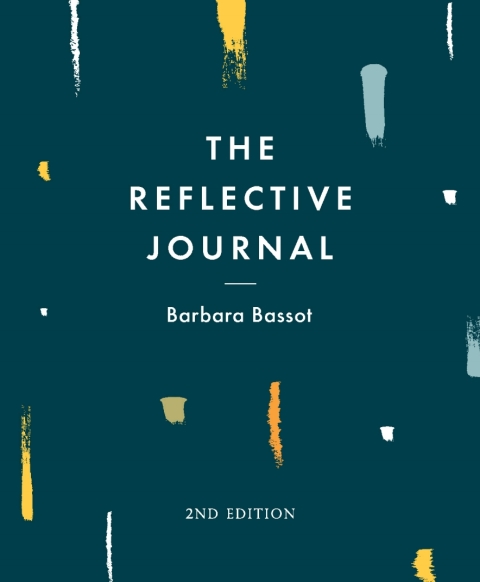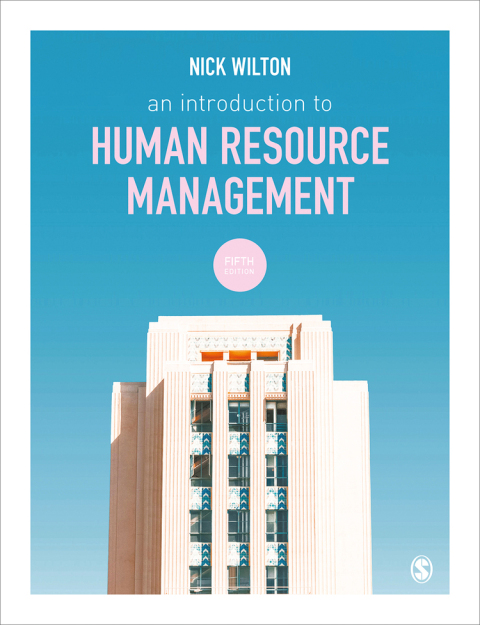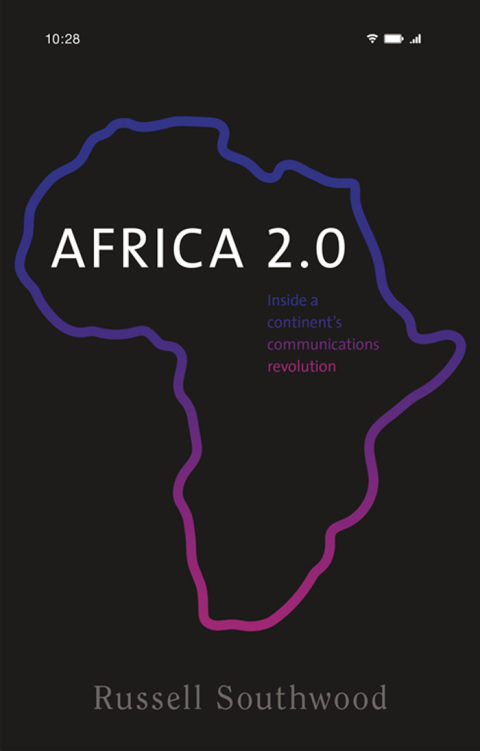Description
Efnisyfirlit
- Contents
- Acknowledgements
- Introduction
- Part 1 Models and tools for reflection
- Theme 1 Beginnings
- 1.1 Starting something new
- 1.2 The ‘metaphorical mirror’
- 1.3 Motivation
- 1.4 Time management
- 1.5 Learning styles
- Theme 2 Starting to write reflectively
- 2.1 What does it mean to write reflectively?
- 2.2 The role of writing in reflection
- 2.3 It’s all about the RAS
- 2.4 Reflective writing – how do I start?
- 2.5 A structure for reflective writing
- Theme 3 Learning from experience
- 3.1 ERA model
- 3.2 Driscoll’s ‘What?’ model
- 3.3 Kolb’s Experiential Learning Cycle
- 3.4 Progression and regression
- 3.5 Problematic experiences or positive ones?
- Theme 4 The practice of reflection
- 4.1 What does it mean to be a professional?
- 4.2 Reflection-on-action and reflection-in-action
- 4.3 Critical incident analysis
- 4.4 Espoused theories and theories-in-use
- 4.5 Professionalism as artistry
- Theme 5 Learning from feedback
- 5.1 What makes good feedback?
- 5.2 Critical friendship
- 5.3 The Johari Window
- 5.4 The settings where feedback can occur
- 5.5 Feed forward
- Theme 6 Feelings and professional practice
- 6.1 The Almond Effect
- 6.2 Memories and feelings
- 6.3 Gibbs’ Reflective Cycle
- 6.4 Processing feelings
- 6.5 Feelings as a guide to assumptions
- Theme 7 Assumptions
- 7.1 Double-loop learning
- 7.2 Reflection, reflectivity and reflexivity
- 7.3 Argyris’ Ladder of Inference
- 7.4 Mezirow’s seven levels of reflectivity
- 7.5 Challenging limiting assumptions – the Career Thinking Session
- Theme 8 Ethics and values
- 8.1 Ethics and values – what’s the difference?
- 8.2 Transactional Analysis drivers
- 8.3 The impact of values on professional work
- 8.4 Anti-discriminatory practice
- 8.5 Issues of power
- Theme 9 Reflecting with others
- 9.1 What is good supervision?
- 9.2 Models of supervision
- 9.3 How to engage effectively with supervision
- 9.4 The reflective conversation
- 9.5 Reflecting in groups
- Theme 10 Bringing it all together and moving forward
- 10.1 The Integrated Reflective Cycle
- 10.2 Managing change
- 10.3 Managing stress
- 10.4 From ‘doing reflection’ to ‘reflection as a way of being’
- 10.5 Senge’s Personal Mastery
- Part 2 More space for reflection
- Part 3 Career development
- Bibliography
- Index






Reviews
There are no reviews yet.